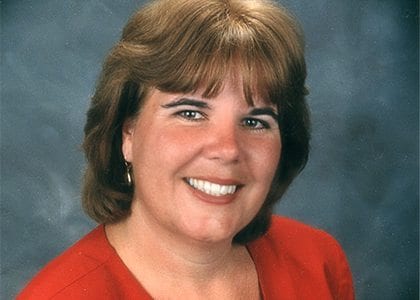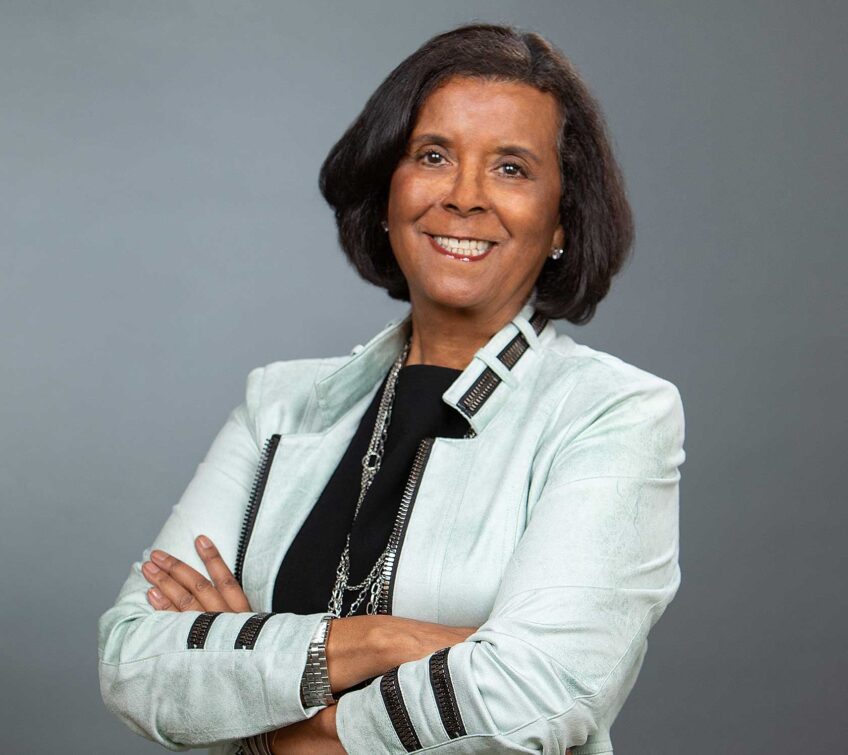
Since the late 1990s, women-owned businesses have grown more than all other privately held companies in the United States, but women-owned businesses continue to struggle to expand past $1 million in annual revenues. In New England, the growth of women-owned businesses ranks lower than in most other parts of the country. As a result, organizations in the Boston area are ramping up efforts to correct this woeful statistic.
According to the 2013 AMEX Open Report, between 1997 and 2013, women-owned firms have exceeded the growth of all other private companies in number (up 59 percent), employment (up 10 percent) and revenues (up 63 percent). As of 2013, there are an estimated 8.6 million women-owned businesses in the U.S., generating $1.3 trillion in revenues and employing nearly 7.8 million people.
However, the concern pointed out by the AMEX Open Report, is that women-owned firms still employ only 6 percent of the country’s workforce and contribute less than 4 percent of overall business revenue. And the shocking part is that, despite outgrowing all other private businesses in the United States in the last decade-and-a-half, the percentage of overall U.S. employment and revenue that women-owned businesses make up is about the same share as it was in 1997.
The report suggests the root of the problem is that women-owned businesses hit growing pains when they reach the size of five to nine employees and $250,000 to $500,000 in annual revenues. They struggle to achieve growth rates beyond 100 employees and $1 million in annual revenue.
With the Boston Metro area ranking second to last among large cities in the growth of women-owned companies, organizations such as the Massachusetts District Office of the U.S. Small Business Association are working to help women-owned business get started and continue to grow past the hump that stops most of them.
According to the AMEX Open Report, one of the reasons behind the struggle of women-owned businesses to grow past the $1 million in revenue stage is that women, in general, have a greater fear of failure then men and this may lead to the choice to maintain smaller business ventures. Women have low expectations about their chances for acquiring resources to grow their business, especially growth capital and initial funding.
The Massachusetts District Office of the SBA, through its small business loan programs, has made 381 loans to women-owned businesses for a total of $65.7 million in the first 10 months of its fiscal year, which ends in October. This number is an increase from the last year total of 243 loans to women-owned businesses for $37.6 million.
“It is definitely on the rise, so that is a great thing,” said Anne Hunt, Massachusetts deputy district director for the SBA. “Obviously, we want to see more but we are definitely tracking in the right direction.”
In addition, to its lending programs, another main way SBA assists small businesses is its program to help certify them for government work. Because the government has quotas on work it must do with minority-owned and women-owned businesses, Hunt pointed out there is tremendous potential for women-owned businesses to expand their revenue through government contracts.
The SBA started its Women-Owned Small Businesses Program in 2011 to do precisely that. The SBA’s overall goal is to have 23 percent of all federal contracts go to small businesses, and this past year the target was hit for the first time in almost a decade.
“We want to increase the number of firms that are getting the dollars,” Hunt said. “We are setting up new programs to help women increase their percentage of the pie in terms of getting government contracts.”
The SBA also has a network of approximately 100 Women’s Business Centers around the country, which are designed to assist women in starting and growing small businesses.
Funding from an SBA grant led to the founding of the Center for Women in Enterprise, which has offices in Boston, Worcester and Providence, R.I. The center provides opportunities for women entrepreneurs and women in business to increase professional success, personal growth and financial independence through education programs, training, technical assistance and women’s business enterprise certification.
Since 1995, the center has trained more than 30,200 entrepreneurs and helped them generate over $982 million in wages. In 2013, the center trained and counseled almost 3,000 entrepreneurs, helped them create over 2,800 jobs and generate $80 million in wages. The number of entrepreneurs the center has worked with annually has increased about 32 percent in the last half-decade.
The 2013 AMEX Open Report suggests that another reason behind the struggle of women-owned businesses to grow past the $1 million in revenue stage is that networks of women entrepreneurs and business owners are generally smaller and less diverse than those of their male counterparts. Also, women tend to draw more on their personal relationships, particularly family, than on other sources — conditions that were associated with lower innovation and lower growth expectations.
According to Gina Marciano, program manager in the Boston office of the Center for Women in Enterprise, the center directly addresses such issues.
“There are more men in positions of power in the U.S. and women just don’t naturally have access to that same network,” Marciano said. “We provide a safe environment for women to share their ideas and feel really comfortable about expressing their hopes and their dreams and their goals.
“There is a different dynamic when you have a group that is a majority of women. They are more empowered and comfortable to speak their minds,” she added.
Marciano said one of the center’s most popular programs is its Exploring Entrepreneurship workshop, which is held every month. The workshop gives entrepreneurs the basics on business ownership.
“It helps them really understand what it means to be a business owner and what they are going to need to make that a reality,” Marciano said.
The next step would be the Business Basics class, which includes topics such as developing business ideas, legal structures, name choice, and obtaining licensing, permits and insurance.
The center also has a six-week course on building a business plan called Business Planning: Accelerating Your Business.
Marciano also points out that the center works with women entrepreneurs at all stages, so it is able to connect those just starting out with those who have successfully used the programs and courses to start or expand their businesses, which helps establish a strong network of businesswomen.
SCORE, a national organization that offers free counseling, low-cost workshops and free team visits to business locations to conduct business reviews, has a Boston chapter that does about 4,000 sessions a year. SCORE is designed to help business owners increase the value of a business, solve operating problems, recognize and capitalize on new business opportunities, develop business plans and find sources of funding.
Although SCORE works with all business owners and does not specifically target women, Boston chapter co-chair Paul Waldeck estimated that between 30 – 40 percent of their clients are women.
“We see a great many women who want to be in business,” Waldeck said. “A very significant portion of our clients are women.”
According to Waldeck, SCORE has a number of women counselors in the Boston chapter. He says these counselors are a good resource for women entrepreneurs.
“The reality is when somebody comes to us — male or female — and they want to get help. Our job is to find the counselor that can help them the most,” he said. “The real thing we bring to the table is a great deal of experience and a lot of empathy for what it takes to grow and start a business because we have all done that. And we have a great deal of empathy for when a business isn’t going well because we have all been there too.”
John Kogan, the other chair of SCORE Boston, says one trend he notices with women business owners is that they have a tendency to return for more counseling services than men business owners do.
“Men come in and get the story and say, ‘I can do it myself,’” Kogan said. “Women are more open to getting advice.”
He also believes that women return to SCORE more often seeking mentorship, which they may not be able to find as easily in their every-day business circles.
One great thing that Boston organizations can focus on is that the increase in businesses owned by women of color in the last several decades has been tremendous. The 2013 AMEX Open Report found that in 1997 there were just under 1 million firms owned by women of color, accounting for one in six (17 percent) of all women-owned businesses, but in 2013, that number skyrocketed to an estimated 2.7 million, which equates to one in three such firms being owned by women iof color.
With organizations such as the SBA, the Center for Women in Enterprise and SCORE focusing on parts of Boston, including Dorchester, Mattapan and Roxbury that are primarily communities of color, the consensus is this increase in businesses owned by women of color will continue to be a driving factor in the overall growth of women-owned businesses.






